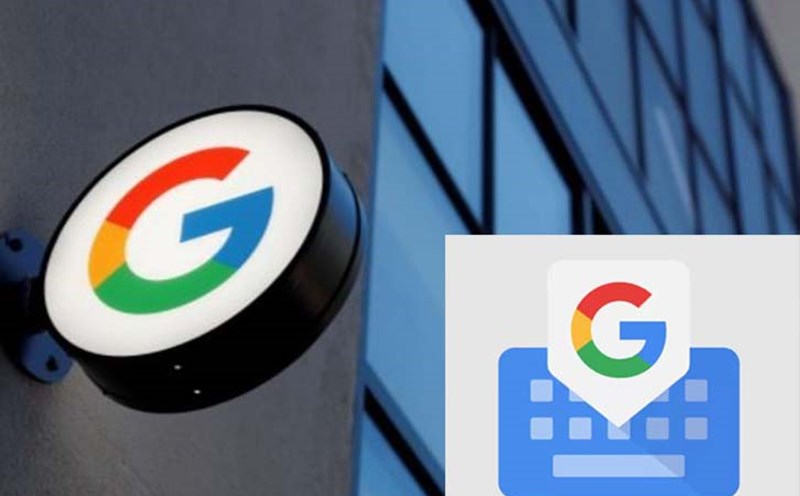Google, a subsidiary of Alphabet, is facing great pressure from the US Department of Justice (DOJ) and an alliance of states, as the antitrust court related to online advertising technology officially opened on September 22 in Alexandria, Virginia.
The focus of the lawsuit is Google's request to sell AdX, a platform that is currently at the center of the digital advertising ecosystem.
In the opening statement, DOJ lawyer Julia tarver Wood emphasized that forcing Google to sell AdX is necessary to restore fair competition. According to Ms. Wood, Google has illegally linked AdX to a publisher advertising server, a tool that most news and media websites use to manage digital advertising warehouses.
Getting Google the engine and means to recreate that link is simply a huge risk, Wood asserted.
In contrast, Google believes the proposal to be extreme and reckless. Ms. Karen Dunn, a lawyer for the company, argued that forcing the sale of AdX not only harms Google but also weakens competition in the online advertising market.
The DOJ will give it unprecedented power, control, and leverage over a major US technology platform, Dunn said.
The trial was chaired by Federal Judge Leonie Brinkema. Leonie Brinkema has ruled that Google holds an illegal monopoly in web advertising technology and will now consider remedies.
Meanwhile, Google asked the court to take a cautious approach, similar to a separate lawsuit in Washington, D.C., where the judge largely rejected the DOJ's request for monopoly in online search.
The heat of the trial is not only due to legal debates, but also due to its direct impact on the digital advertising industry.
Currently, online publishers pay Google a fee of about 20% to participate in advertising auctions via AdX, a tool considered the gateway to many online transactions.
Grant Whitmore, CEO of Advance Local (a unit that operates many local newspapers in 8 states) witnessed that Google's simultaneous ownership of both tools for advertisers, publishers and mid-range auctions offers many opportunities to impact the market.
While the DOJ insists that selling AdX alone is strong enough to restore competition, Google argues that the more reasonable solution is to improve policy, allowing publishers to access a competitive platform more easily. The company also warned that a decision to force the breakup would cause long-term uncertainty for the online advertising ecosystem.
This is the latest lawsuit in a series of moves to tighten US tech giants, a campaign promoted since the time of President Donald Trump and continued under subsequent governments.
In addition to Google, other companies such as Meta, Amazon and Apple are also facing large-scale antitrust lawsuits.
The outcome of this trial will not only decide the fate of Google's online advertising segment worth tens of billions of USD, but also reshape the rules of the game for the entire digital technology industry.









